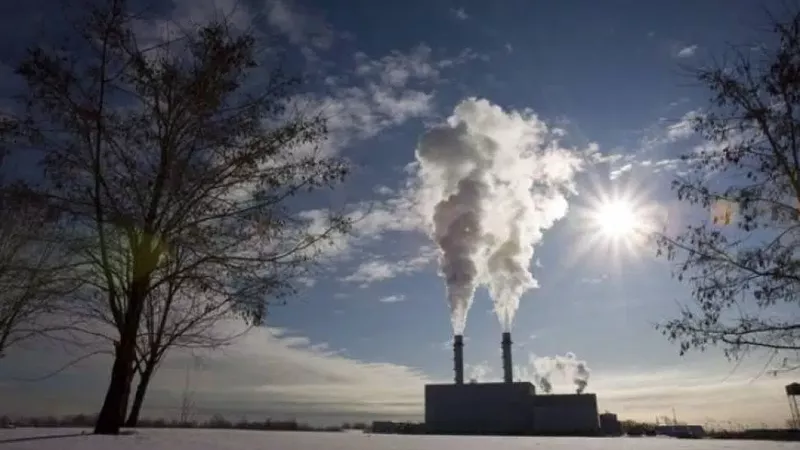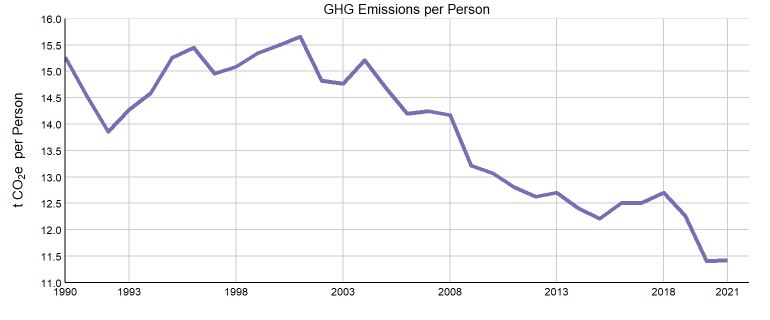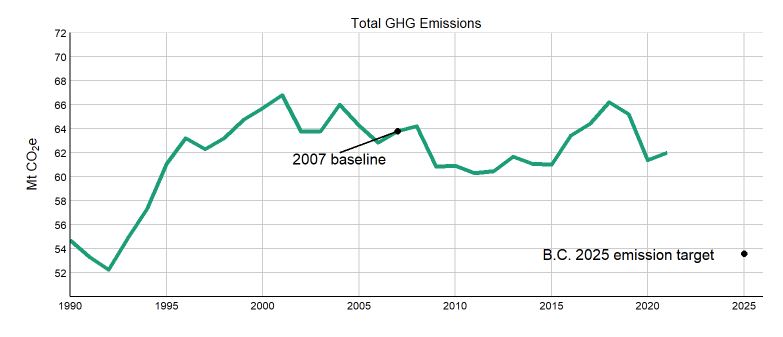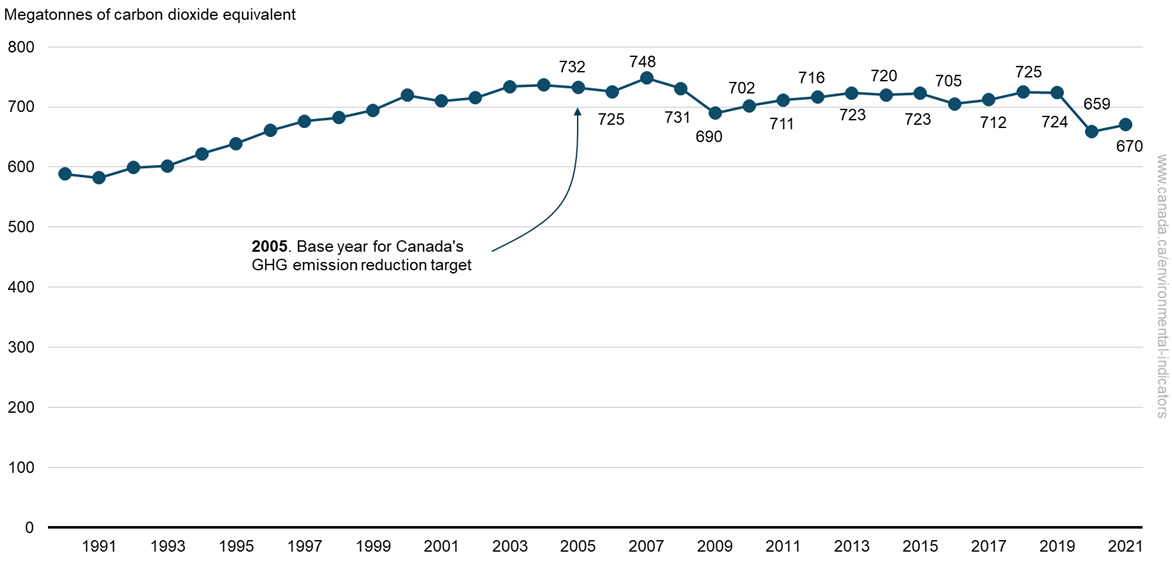
Economists hope to dispel myths as carbon tax increase approaches
It has its critics and its supporters, but who is right and who is wrong when it comes to the debate over the federal carbon tax?
As of April 1, that levy will rise from $65 to $80 a tonne, representing an increase of 23 per cent.
That increase will mean a rise in energy bills and an addition of roughly three cents a litre at the fuel pump.
The tax, which has only been in Canada for the past five years has had plenty of opposition from the federal Conservative party to several premiers, including Saskatchewan’s Scott Moe, which called for the tax increase to be paused amid a cost-of-living crisis.





